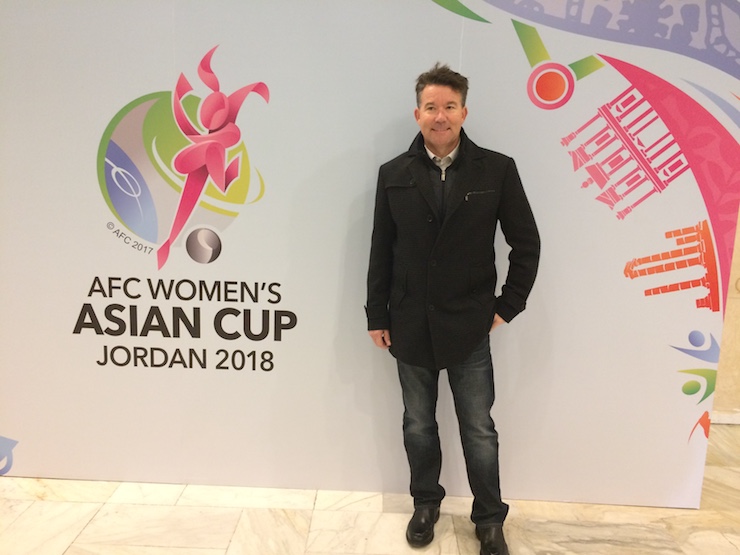Making Soccer Great: Coaching Educator Mike Dickey on We Need To Work Together
New multi-part series on Improving American Soccer — Here is Part II of the three-part interview with Mike Dickey. Part 1 on Making American Soccer Great: Coaching Educator Mike Dickey on What Makes a Good Coach and a Successful Player
Youth Soccer News: America is a vast country with tens of millions of kids with soccer balls and big dreams. Less than half of these young soccer player are probably registered with U.S. Soccer.
How can we efficiently scout the talents in our country?
And, how important is training our trainers so once identified, we can really develop these young talented players … so that one day, maybe we can find real success on the world stage.
Mike Dickey is Technical Director for the Kentucky Fire Juniors Youth Soccer Club and a Coaching Educator for U.S. Soccer. A coach to the coaches, Dickey has more than 30 years experience and has been the Head Coach for the U14s, U15s, and U17s Girls National Team. In addition, in 2009, Dickey was a guest coach with the India Women’s National Football Team and on May 1, 2017, became the head coach of the Jordan Women’s National Football Team.
Here is Part II of our interview with Mike Dickey.
SoccerToday’s Interview with Mike Dickey
Felicia Hess: Before we get started, you grew up in Europe and I am curious, who do you root for behind closed doors?
Mike Dickey: I like to watch Bayern Munich, you know I used to live in Germany and I used to train pretty close to their grounds. I also always root for our US teams and I follow the LA Galaxy and DC United.
Felicia Hess: As far as identifying talent and player development, do you think a country like Germany has a distinct advantage over America?
Mike Dickey: Well I don’t know if anyone has an advantage over us, we have made Significant advances but we still have room for improvements. I think we’ve had moments where we’ve been really good and there are other moments where we’ve not reached our expectations.
I know we can do better. And, we will.
We have made recent improvements to our scouting and I think we will now start to see the results.
The Czech Republic is a good example of an organization where they’ve done a good job of developing players and sure that they’re developing a certain style of play within their country.
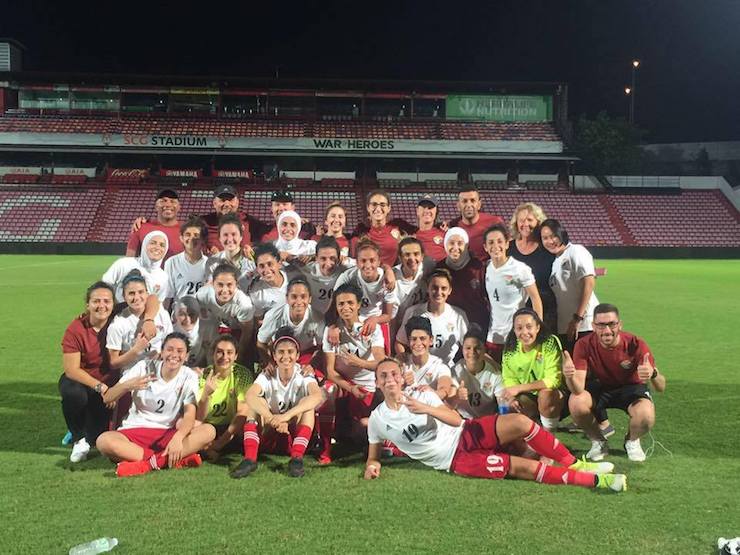
Felicia Hess: Why is it hard for us to figure out the right way?
Mike Dickey: The people on the ground know what is happening on a day-to-day basis and I think we need to ask these coaches the right questions.
In the past, we have had a tendency to make decisions without asking the people who are on the ground what would be the best — and today we are asking more coaches for feedback on programs.
There’s a lot of really good coaches throughout the country who have good ideas and valuable opinions on how to improve our programs. I believe working together is the right way to build a strong future. We have started to see a lot more important discussions with focus groups involving coaches to help make decisions.
I think the world knows that if we ever really put this together right, we’re a very difficult country to beat.
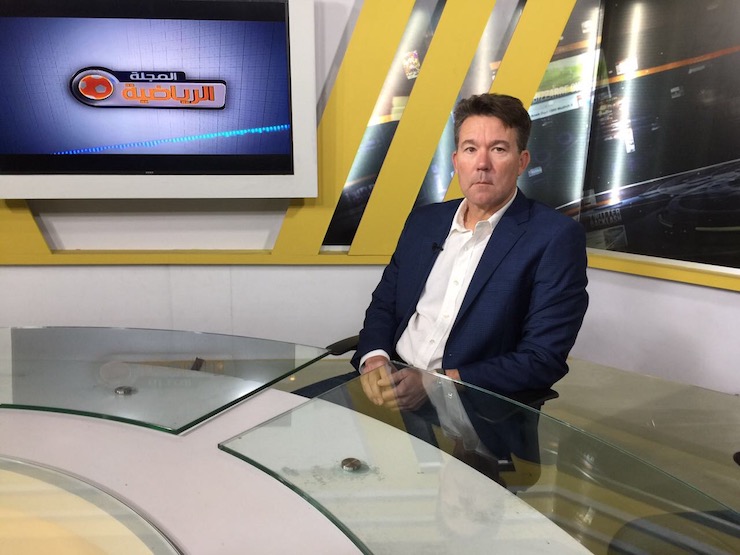
Felicia Hess: Are we doing enough to find the soccer stars of tomorrow?
Mike Dickey: Are we really canvasing our country efficiently enough to find the most talented kids out there? And, when we identify talent, are we getting that group of players together to build the layers that need to be in place leading up to the national team?
Today, we are doing more than we have in past and we continue to make adjustments to our system.
We have some of our best players competing against one another in the U.S. Soccer Development Academy (DA). It is a professional structure with rules that are comparable with what is happening around the world.
The issue is we live on a large continent and there are players all over in every crevice who are playing soccer.
There are really good players who are not able to play in the DA program — for a lot of reasons and we need to make sure that we don’t forget about these players, and that we don’t forget about those coaches too.
We are continuing to make adjustments to our system.
Today, U.S. Soccer is casting a wider net than ever before to identify players of national team quality and is even asking youth soccer clubs to reach out with recommendations.
Scout 7 is a platform for coaches who are part of the U.S. Soccer scouting staff. Coaches are assigned individual players to watch for a possible call-up to a National Team ID Camp. Once a player is identified, he or she will be watched to determine if they meet the criteria for the National Team.
I am looking forward to watching players this season and will be at the DA Showcase in Florida as well as at other events.
The list of scouts who have been selected to work on Scout 7 is an impressive and highly experienced group. We will enter information into Scout 7 system and we can collaborate.
This is a great new approach and is a huge positive.
Now there is a clear, organized plan in place for scouting with a rating system for players.
The idea is to have consistent scouting, and there is even going to be a course to train scout launching next year.
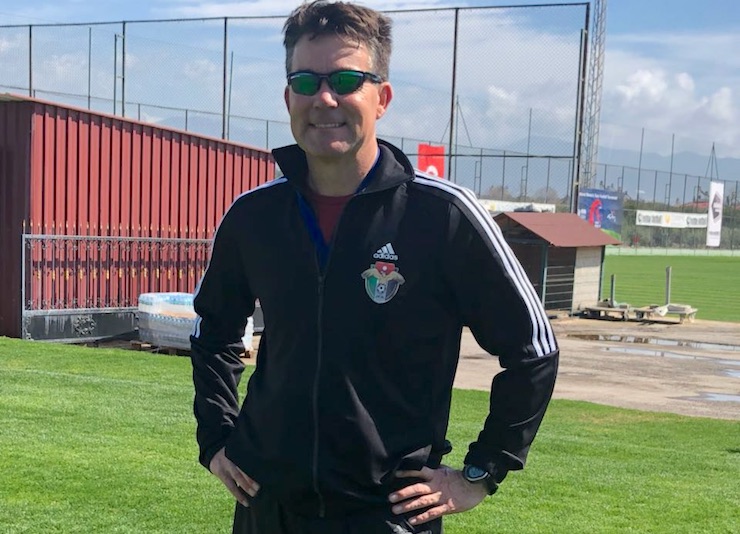
Felicia Hess: As a coaching instructor for U.S. Soccer, how important is coaching education?
Mike Dickey: We ask our players to work on their game and improve — I think coaches have a responsibility to their players to do the same, whether it’s through taking courses through the United Soccer Federation, going overseas or working with other coaching groups like United Soccer Coaches … there are so many different opportunities for coaches to learn and improve their knowledge.
It is important to make time to learn and make yourself a little uncomfortable with new ideas.
This is going to benefit your players. And that’s my motivation. I’m giving my experience to other coaches and they, in turn, can hopefully help make their players better.
Felicia Hess: Out of all the coaches that you’ve trained, how many of them do you think are full-time coaches?
Mike Dickey: Gosh, it’s a good question. This depends on where I’m at in the USA.
In California, approximately 75% of coaches I instruct are full time, but then I travel to other parts of our country and the percentage drops significantly to 30% or 20%.
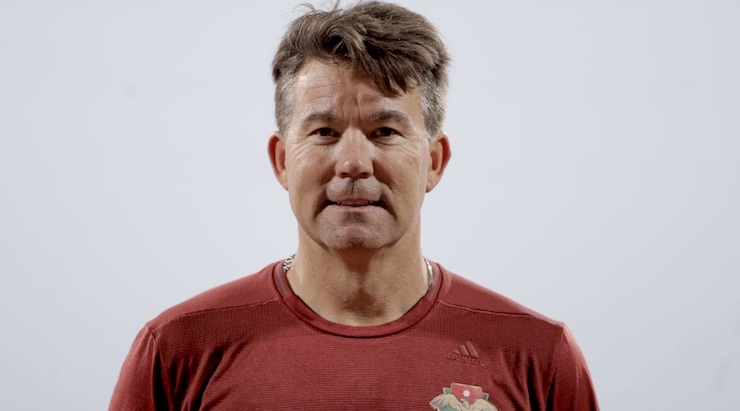
Felicia Hess: What’s the greatest challenge you’ve had as a coach educator?
Mike Dickey: The greatest challenge as an instructor used to be the limited time one had with the coaches in the course — you didn’t really get to know them very well.
The coaching courses used to be only nine or ten days and you had to give a lot of information and be able to evaluate what the coaches could or could not do in a brief period of time.
Now, the course structure has changed and the ratio is now 1 to 12 with the ability to interact with the coaches the entire time they are taking the course — is great.
American coaches really are looking for feedback on their performance on the field because they really do want to learn and to improve their skills as coaches.
Felicia Hess: What was coaching education like when you first started?
Mike Dickey: Soccer really didn’t kick into the United States until the 70s, so many people had not been exposed to the game nor watched it on TV. Turning back the clock, many coaches in the USA had not been coached well themselves so they didn’t really have any ideas on how to structure training sessions for soccer players.
Also, a lot of players in the past needed remedial basic training, so the educational material focused on solving this issue.
In recent years, player development and coaching education have evolved.
Now coaching education is tailored to developing higher level players.
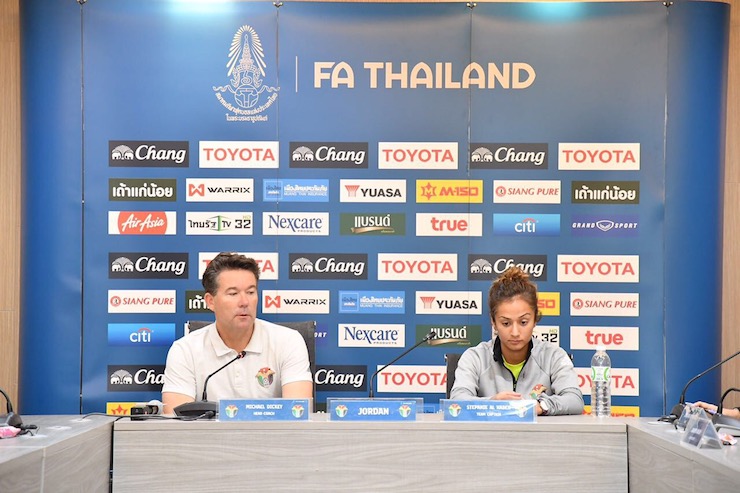
Felicia Hess: If a coach dreamed of coaching a National Team, following in your footsteps, what advice would you share with them?
Mike Dickey: Coach a lot, don’t jump into really high-level coaching until you are ready.
For example, look at my pathway. I started coaching in high school soccer and I then coached club soccer. Then I began coaching professional teams as well as US Youth Soccer’s ODP Regional teams and then U.S. Soccer National teams.
Becoming a head coach is a learning process. You’re only setting yourself up for failure if you try to become national team coach right off the bat.

